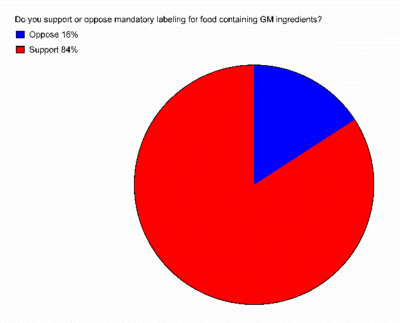Ten years ago, Terry Teachout finally got around to watching D.W. Griffith’s The Birth of a Nation, and found (to his relief) that it was just as offensively racist as everyone had always said. He also discovered that silent movies are becoming terra incognita even to those who love old movies:
None of this, however, interested me half so much as the fact that The Birth of a Nation progresses with the slow-motion solemnity of a funeral march. Even the title cards stay on the screen for three times as long as it takes to read them. Five minutes after the film started, I was squirming with impatience, and after another five minutes passed, I decided out of desperation to try an experiment: I cranked the film up to four times its normal playing speed and watched it that way. It was overly brisk in two or three spots, most notably the re-enactment of Lincoln’s assassination (which turned out to be quite effective – it’s the best scene in the whole film). For the most part, though, I found nearly all of The Birth of a Nation to be perfectly intelligible at the faster speed.
Putting aside for a moment the insurmountable problem of its content, it was the agonizingly slow pace of The Birth of a Nation that proved to be the biggest obstacle to my experiencing it as an objet d’art. Even after I sped it up, my mind continued to wander, and one of the things to which it wandered was my similar inability to extract aesthetic pleasure out of medieval art. With a few exceptions, medieval and early Renaissance art and music don’t speak to me. The gap of sensibility is too wide for me to cross. I have a feeling that silent film – not just just The Birth of a Nation, but all of it – is no more accessible to most modern sensibilities. (The only silent movies I can watch with more than merely antiquarian interest are the comedies of Buster Keaton.) Nor do I think the problem is solely, or even primarily, that it’s silent: I have no problem with plotless dance, for instance. It’s that silent film “speaks” to me in an alien tongue, one I can only master in an intellectual way. That’s not good enough for me when it comes to art, whose immediate appeal is not intellectual but visceral (though the intellect naturally enters into it).
As for The Birth of a Nation, I’m glad I saw it once. My card is now officially punched. On the other hand, I can’t imagine voluntarily seeing it again, any more than I’d attend the premiere of an opera by Philip Glass other than at gunpoint. It is the quintessential example of a work of art that has fulfilled its historical purpose and can now be put aside permanently – and I don’t give a damn about history, at least not in my capacity as an aesthete. I care only for the validity of the immediate experience.
[…] Thrill me and all is forgiven. Bore me and you’ve lost me. That’s why I think it’s now safe to file and forget The Birth of a Nation. Yes, it’s still historically significant, and yes, it tells us something important about the way we once were. But it’s boring — and thank God for that.





